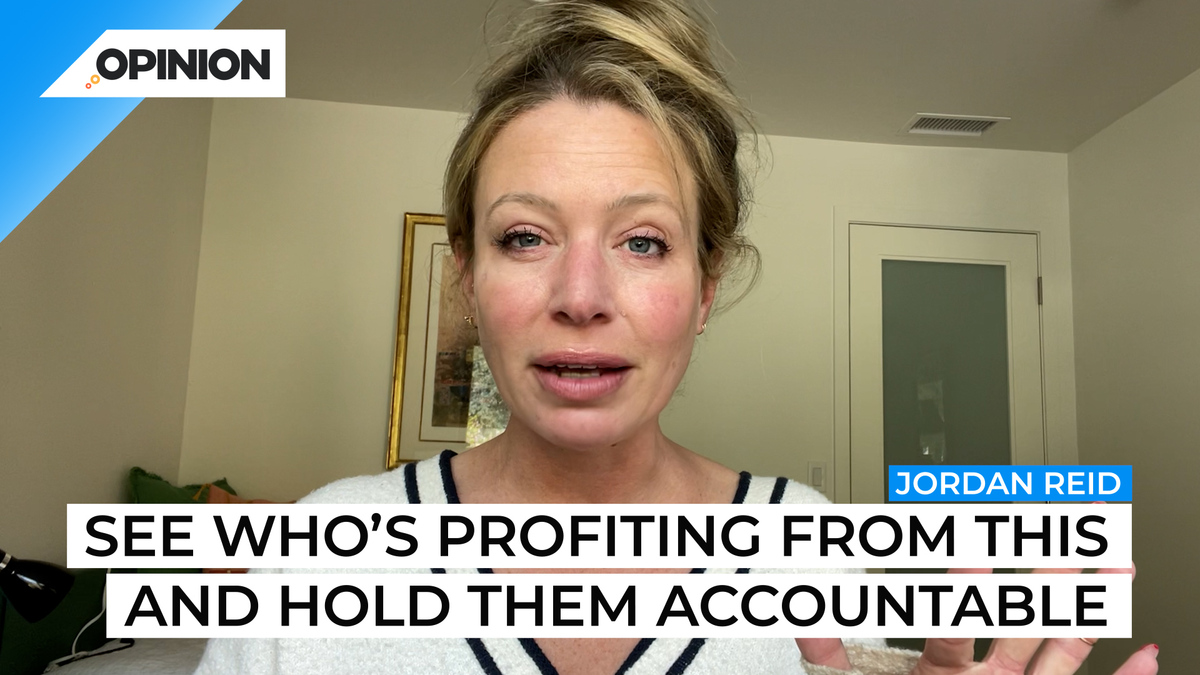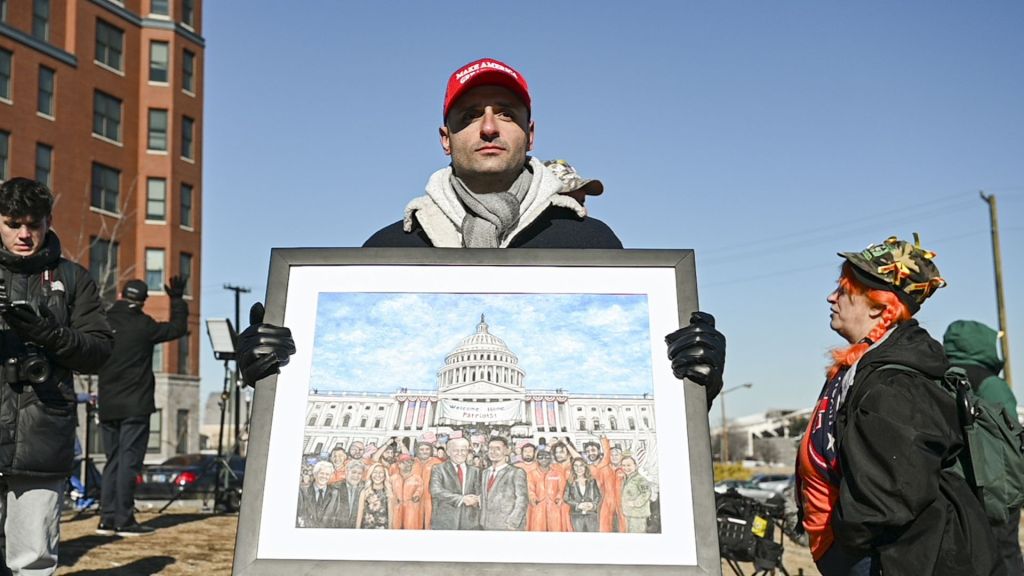
Commentary
-
Our commentary partners will help you reach your own conclusions on complex topics.
I use Instagram every day, both for work and for, I guess some version of pleasure. It’s an important part of how I make a living. And I also use this as a sort of stashing ground for my favorite family images, which used to feel like it made sense, but now doesn’t exactly because increasingly, Instagram feels dangerous. I’m not saying that to be dramatic, or as clickbait I’m saying it because I feel it. Personally.
I will not permit my children to have Instagram or Snapchat or Tik Tok so long as they live under my roof. And I’m not very strict is apparent, and most people probably view this as hypocrisy. And I am okay with that.
There’s this new AI filter on tic tac that everybody tic tac tic tock that everybody’s been talking about. Which means there’s probably about to be a million more like it because that’s how capitalism works. The filter is called Bold glamour. And here’s why it’s different. A traditional filter maps out your face and overlays a sort of mesh that transforms it. But if you interrupt the real time image transmission like this, it no longer recognizes that 2d image of your face so it doesn’t know what to do with the information. And so it glitches revealing what’s behind the curtain so to speak.
But this new filter uses AI learning technology to map out the user’s face and alter their appearance. So realistically that the person can make like crazy facial expressions, they can you know, mush their face and move your hands across it, whatever, and the filter can roll with it. As a viewer you can’t tell it’s there.
I’m a 41 year old woman struggling with the same insecurities inadequacies that I imagine most of us do. And this spins me out. Because this filter isn’t just it’s not just what I could look like. It’s what I can look like. So long as I only exist on your screen.
If you think my filtered face is what I look like how, how disappointed would you be if you met the real me? And how disappointed Do you think a habitual user of these filters feels when they look in the mirror and are confronted with the real, the worse version of themselves? I haven’t grown woman with a decent amount of therapy under my belt and it requires constant vigilance to keep this ever present technology from assassinating my self image. How in the world do we expect our children to navigate this landscape? Especially given how rapidly the technology is advancing? In some dystopian future? Do we all want to exist as avatars of ourselves just because it seems so much easier on the eyes? The part that really worries me is that I’m pretty sure I know how this goes. This new technology scares the adults and excites the kids and everyone freaks out about it for a second and then it makes a dump truck of money and nobody cares anymore about whether it’s good for us and the technology continues apace. So what to do, follow the money. See who’s profiting from this because plenty of people are and hold them accountable.
-
RFK Jr.’s war on psychiatric meds risks decades of progress
On Feb. 18, during his first meeting with staff, Health and Human Services Secretary Robert F. Kennedy Jr. stated that he intends to address the possible overmedication of children and the risks of antidepressants — echoing a Trump executive order aimed at reducing childhood chronic disease rates. The order has sparked concerns over youth access… -
Loss of USAID makes America and the world less safe
Elon Musk and President Trump shocked the U.S. foreign policy community and America’s partners around the world with the early and abrupt closure of USAID, the United States Agency for International Development. USAID was a cornerstone of U.S. foreign policy and consistently received bipartisan support from Congress. Experts warned that the decision puts millions of… -
Trump’s ‘Gulf of America’ renaming is mere political spectacle
Aboard Air Force One, en route to the Super Bowl in New Orleans, President Trump held a news conference. As the flight entered international waters over the Gulf of Mexico, he issued an executive order renaming it the “Gulf of America” and declaring Feb. 9 as “Gulf of America Day.” The order, titled Restoring Names… -
President Trump politicizes DC plane crash as Americans mourn
Sixty-seven people died when a Black Hawk helicopter crashed into American Airlines Flight 5342 as it came in for a landing at Reagan National Airport on the night of Jan. 29 outside of Washington, D.C. Investigators are still examining the accident and putting details together, but believe that the helicopter was flying at too high… -
Project 2025 is Trumpism on steroids
President Trump has already taken several actions that align with Project 2025, a far-right blueprint for Trump’s second term developed by the Heritage Foundation. Among other intiatives, his administration has moved to eliminate DEI programs, reinstate service members dismissed for refusing the COVID-19 vaccine, and revive “Schedule F,” a policy making it easier to fire…
Latest Opinions
-
 Getty Images
Getty Images
Greenpeace official discusses $300M lawsuit filed against the organization
-
 Getty Images
Getty Images
Stafford returns to Rams, what’s next for quarterback-needy teams?
-
 Getty Images
Getty Images
Where does your state rank when it comes to people’s control over energy?
-
 Getty Images
Getty Images
Watchdog group may not release reports on USAID cuts for fear of retaliation
-

Congress could overturn rule that treats payment apps like Venmo as banks
Popular Opinions
-
In addition to the facts, we believe it’s vital to hear perspectives from all sides of the political spectrum.






